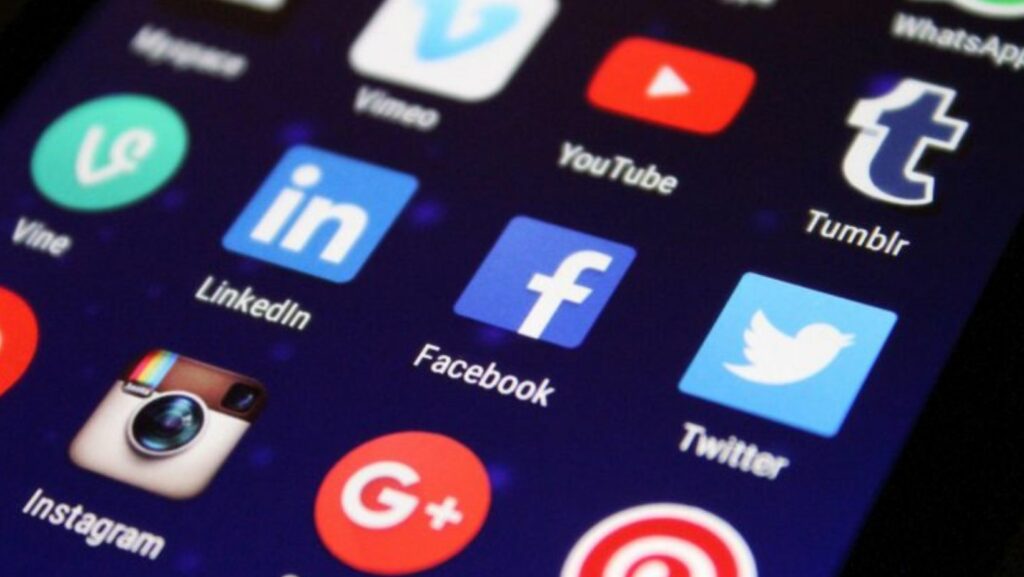Scrolling through endless feeds, reacting to friends’ lives, and chasing the next notification – Facebook has become an undeniable part of our daily routines. But for many, this routine might be turning into something more serious: Facebook addiction. While we connect and share online, concerns are rising about the potential negative effects of excessive Facebook use. Victims have the option of filing a Facebook addiction lawsuit.
These lawsuits allege that Facebook’s design choices prioritize user engagement over well-being, leading to addiction and its associated harms. Could you be eligible for compensation? Let’s explore the signs of addiction, the lawsuits themselves, and how you might be impacted.
Signs of Facebook Addiction
Social media addiction is characterized by a compulsive and excessive use of social media platforms, leading to negative consequences in a person’s life.
Common signs of Facebook addiction often mirror addictive behaviors in general. These can include:
- Obsessive thoughts about Facebook: Do you constantly think about Facebook, even when trying to focus on other tasks?
- Using Facebook to escape: Do you turn to Facebook to relieve negative emotions like stress, boredom, or loneliness?
- Loss of control: Have you tried to cut back on Facebook but find yourself unable to?
- Withdrawal symptoms: Do you experience anxiety, restlessness, or even physical discomfort when you can’t access Facebook?
- Impact on daily life: Does your Facebook use negatively affect your work, school performance, or relationships with loved ones?
If you recognize several of these signs, it might be time to consider your Facebook habits and their potential impact on your well-being.
Potential Harms of Facebook Addiction
The constant pressure to stay connected and the curated online world on Facebook can have a significant downside. Studies have shown a correlation between excessive Facebook use and increased anxiety and depression.
The fear of missing out (FOMO) fueled by social media can negatively impact self-esteem and social comparison. Furthermore, excessive scrolling can waste valuable time, decreasing productivity at work or school [insert source about Facebook and productivity]. Relationships can also suffer as Facebook use replaces face-to-face interaction and quality time with loved ones.
Facebook and Addiction Concerns
Recent criticisms suggest that Facebook’s design and algorithms are crafted to maximize user engagement, potentially at the cost of user well-being. Features like the “infinite scroll” and personalized news feeds keep users glued to their screens, constantly bombarded with stimulating content. Facebook’s algorithms prioritize content that garners reactions and shares, even if it’s sensational or emotionally charged. This can create echo chambers and filter bubbles, reinforcing existing biases and potentially leading to social division.

The debate around Facebook’s responsibility for user behavior is complex. While users can choose how they interact with the platform, critics argue that Facebook’s design choices exploit psychological vulnerabilities to keep them hooked.
The ongoing lawsuits aim to hold Facebook accountable for prioritizing user engagement metrics over potential harms caused by excessive use.
Lawsuits Against Facebook
A wave of lawsuits is targeting Facebook, alleging the platform’s design choices and algorithms manipulate users into addictive behavior with negative consequences. These lawsuits claim Facebook prioritizes user engagement over well-being, leading to excessive use and associated harms like anxiety and depression.

The legal precedent for such lawsuits is still developing. Still, it draws comparisons to past cases against industries like tobacco, where companies were held liable for knowingly creating addictive products with negative health impacts.
Latest Updates
As of June 2024, the Facebook addiction lawsuits are progressing through the discovery phase. In mid-June, cases are expected to be selected for bellwether trials, which could set a precedent for future settlements.
While Facebook hasn’t explicitly addressed addiction concerns, it has faced pressure to implement changes. Some reports suggest it might be exploring tools to help users manage their time on the platform.
Eligibility for Compensation
While the lawsuits are ongoing and specific eligibility criteria may vary by case, here are some general factors that might be considered:
- Severity of Facebook Addiction: Individuals who can demonstrate a compulsive and problematic use of Facebook, leading to significant harm in their personal or professional lives, could be stronger candidates.
- Mental Health Impacts: Evidence of depression, anxiety, or self-harm demonstrably linked to Facebook use might be considered. This could include documented diagnoses or clear connections between online activity and mental health decline.
- Exposure to Harmful Content: Individuals who suffer negative consequences from exposure to specific content like cyberbullying, eating disorder triggers, or graphic self-harm material may have a stronger claim.
It’s important to remember that these lawsuits are complex and evolving. Consulting with an attorney specializing in social media addiction cases is crucial to understanding your eligibility and exploring potential legal options. This article is for informational purposes only and does not constitute legal advice.
Is a Lawsuit Right for You?
Before considering a lawsuit, prioritize your well-being. If Facebook use is causing problems, consider seeking professional help to manage your habits. Legal action can be complex; weigh the potential benefits against the time and emotional investment involved.


More Stories
The Rise of De-Influencers: Challenging Consumerism on Social Media
The Psychology of Fantasy: Why People Love Adult Cam Sites
Faith and Connections: How Social Media Brings People Together